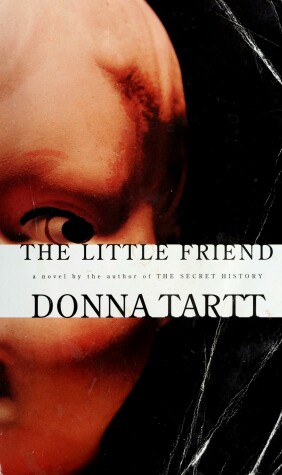Reviewed by clementine on
Now, I did like the book despite it not being about what I thought it was going to be about. It was incredibly dark and immersive, two qualities which I love in a novel. The entire sprawling plot, all the richly-drawn characters, the intertwining stories - I enjoyed these things. And while the length of The Goldfinch didn't bother me, personally, I felt that here a bit more. I was all for it until about page 500, at which point I was like, "SURELY some of these lush descriptions could be sacrificed." Sometimes it's just a bit wandering. And I can stomach that, to a certain extent - I never felt like I was slogging through it. But I was much more aware of specific passages where I was like, "Okay, realistically, we don't need this." Like, I enjoyed a lot of these passages. Donna Tartt can write, that's for sure, and it's a pleasure to read paragraphs that are about nothing. But, well, they're still about nothing. And when your book is 624 pages long, maybe we could use slightly fewer paragraphs about nothing.
This novel is really two things at once. There's the main plot, which, let's be honest, advances rather slowly sometimes. And there's also the portrait of a dysfunctional but loving family that was once much more well-to-do than it is now. (And, I supposed, the portrait of the very dysfunctional family that has never been well-to-do and is in fact made up of meth-addicted hillbillies.) I liked both parts. But if you want a novel that cuts to the chase and just tells a damn good story, this is not the one. There is so much of it that is deeply human, detailed in a highly unusual - and, to me, enjoyable - way, but which has absolutely nothing to do with the driving force - Harriet's plan to get back at Danny Ratliff. All the stuff with summer camp, the aunts' trip, Ida? None of that is strictly necessary to tell that story. But this novel is not just that story. I think if you resign yourself to that fact, it is a much more enjoyable read. If you just want the main plot, well, you're asking it to be a book that it is not and never set out to be.
Reading updates
- Started reading
- 27 August, 2016: Finished reading
- 27 August, 2016: Reviewed
